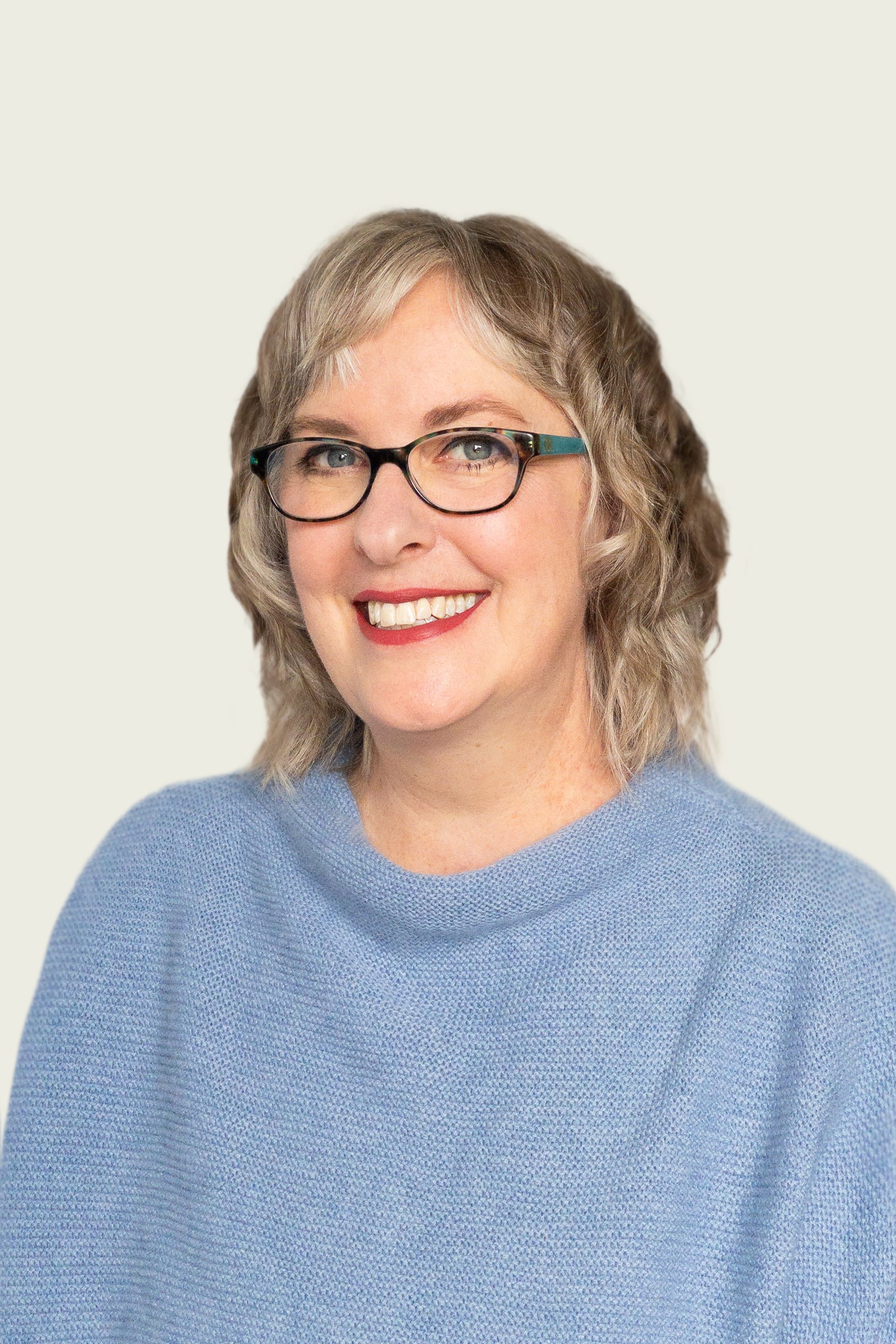Clinical issues/specialties
- ADHD
- Anxiety
- Attachment Trauma
- Childhood Trauma
- Complex Trauma
- C-PTSD
- Developmental Trauma
- Eating Disorders
- Emotional Abuse
- First Responder Trauma
- Intergenerational Trauma
- Medical Trauma
- Military/Combat Trauma
- PTSD
- Racial Trauma
- Relational Trauma
- Religious & Spiritual Trauma
- Sexual Trauma
- Substance Use/Abuse
Populations served
- Adults (20+)
Clinical modalities used with clients
- Acceptance and Commitment Therapy
- CBT
- DBT
- EMDR
- Internal Family Systems
- Mindfulness
- Psychodynamic Theory
Therapy services location
Telehealth only
Clinical Style
Practical, friendly, humorous, easy-going, with an encyclopedic knowledge of trauma and its treatments.
License
Psychologist, CA PSY 24831
Degrees
University of Oregon | Bachelors of Arts in English | 1996
Oregon State University | Masters in Counseling | 2001
University of Alabama at Birmingham | Masters in Medical Clinical Psychology | 2008
University of Alabama at Birmingham | PhD in Medical Clinical Psychology | 2010
Advanced Trainings
EMDR Institute Basic Training Certification | 2013
Why I do this work
Many people become therapists because they are sensitive, gentle souls who experienced difficulty early in life, and I am no exception. Ever since I was little, people have said I'm easy to talk to; I imagine that is because I learned early how soothe a parent who had intense anger and multiple addictions. As I grew older, I thought about many careers... architect, English professor, physician... but I settled on being a therapist when I was diagnosed with thyroid cancer at 25. I remember wishing my doctor had a sympathetic person to talk to at her office, and I decided I wanted to be that person. Brain surgery at 28 fueled my desire to help people experiencing intense medical experiences or illnesses, and I developed a deep interest in healthy living. Later, after learning all about PTSD treatment at the VA, I realized that trauma is a nervous system wound, and I developed a passion for helping people heal that wound. Feeling safe, calm and quiet in my body has been a lifelong pursuit for me, and I'm here to help you achieve that as well.
The best part of my job
The best parts of my job come in two stages. Early in therapy with me, folks come to understand that trauma is a physical condition that lives in the nervous system, and that they can eventually reduce it and manage it; inevitably at some point, they breathe a sigh of relief and say, "I'm not crazy!" I love that moment. Later in therapy, of course I love to hear stories of people responding to tough situations or triggers in new, adaptive, and healthy ways. Celebrating those breakthroughs together always warms my heart, because it means the trauma is receding and the true self is emerging.
How I spend my free time
I love creative hobbies! I am a photographer, knitter, quilter, visible mender, seamstress, gardener, botanical illustrator, and painter.
Favorite quote
“We’re all just walking each other home.” Ram Dass
Top personal growth resources
- 30 minutes of quiet time or meditation every morning! It’s free and it’s the best part of my day!
- “The Other Autism,” a blog and podcast by Kristen Hovet focused on late diagnosis of autism in women. Her explanations about the female autism phenotype are wonderful and eye-opening. Have you ever been called shy, gifted, intense, or sensitive? Have you always felt like an outsider or an alien, working extra hard to fit in? Check out this podcast.
- Bright Line Eating by Susan Peirce Thompson. This is a book based on a twelve-step program for people with food addiction. Eating this way goes against almost everything American culture believes about food. It is also, for folks with addictions to sugar, flour, and large quantities of food, a path to liberation. (Why post about food in trauma resources? Many, MANY people with trauma histories also struggle with food and weight.)
